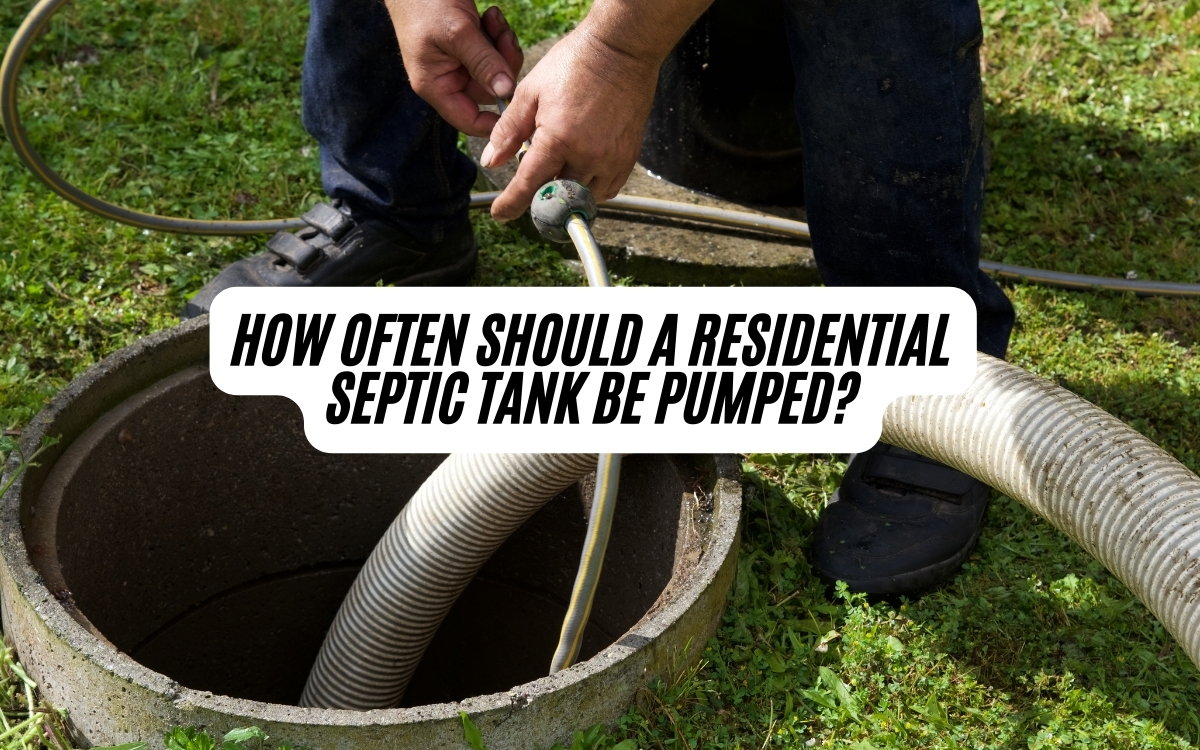How Tankless Water Heaters Save Cash
As temperatures soar, tankless water heaters can provide heat wave savings ahead by reducing energy waste and offering a continuous supply of hot water on demand. With an average of $108 in annual savings for gas-powered units or $44 for electric systems, these systems can help families beat the heat while lowering their energy bills. By switching to tankless water heaters, homeowners can enjoy long-term benefits, including a reduced carbon footprint, endless hot water supply, and space-saving design. Plus, they’ll eliminate the risk of water damage and enjoy a safer, more reliable water heating solution. And there’s more to discover.
Energy Efficiency Explained
As families endeavor to reduce their energy consumption and lower their utility bills, understanding the energy efficiency of tankless water heaters is crucial.
According to the Department of Energy, tankless water heaters are more energy-efficient than traditional tank units. Families using 41 gallons or less of hot water daily can experience between 24% and 34% greater water efficiency with tankless water heaters.
This increased efficiency results in an average of $108 in annual savings for gas-powered units, or $44 in annual savings for electric systems. By providing a continuous supply of hot water on demand, tankless water heaters reduce energy waste, leading to lower energy bills and a reduced carbon footprint.
Upfront Costs Vs. Long-Term Savings
Their decision to invest in a tankless water heater often hinges on one pivotal factor: whether the upfront costs outweigh the long-term savings.
While tankless water heaters require a larger upfront investment, they provide significant long-term benefits.
The cost to install a tankless water heater can be between $200 and $700 more than a traditional tank unit.
However, tankless water heaters last longer, with a lifespan of 20-25 years, compared to 8-12 years for standard tank systems.
This increased lifespan, combined with energy efficiency, leads to lower energy bills and a reduced carbon footprint, resulting in an average of $108 in annual savings for gas-powered units or $44 in annual savings for electric systems.
Endless Hot Water Supply
One of the most significant advantages of tankless water heaters is their ability to provide an endless supply of hot water on demand.
This means no more running out of hot water mid-shower or having to wait for the tank to refill. With a tankless water heater, you can enjoy a continuous flow of hot water, whenever you need it.
This is especially liberating for large families or households with multiple shower users. Additionally, tankless water heaters reduce the risk of bacterial growth, as they continuously heat water, providing cleaner and safer water.
Space-Saving Design Benefits
The compact footprint of tankless water heaters is a significant advantage, particularly for homeowners with limited space.
This design benefit is especially important for those living in smaller homes, apartments, or condos where every square foot counts.
By freeing up valuable floor space, tankless water heaters provide homeowners with the freedom to design their living spaces as they see fit.
- They can be mounted on walls, freeing up floor space for other essential items.
- They can be installed in closets, attics, or other areas where traditional tank units wouldn’t fit.
- They provide homeowners with the flexibility to design their homes around their needs, rather than around a bulky water heater.
Reduced Risk of Water Damage
With traditional tank water heaters, the risk of water damage is ever-present, as they store large amounts of water that can potentially leak and cause damage to surrounding structures and belongings.
This constant threat can be overwhelming, especially for homeowners who have experienced the devastating effects of water damage in the past.
In contrast, tankless water heater installations reduce this risk substantially, as they only heat water as needed and do not store large quantities.
This means that homeowners can enjoy peace of mind, knowing that their homes and belongings are protected from the threat of water damage.
Expert Installation Services
By opting for a tankless water heater, homeowners can substantially reduce the risk of water damage, but the benefits don’t stop there.
Expert installation services play a vital role in ensuring that the system operates efficiently and effectively. Whipple Service Champions‘ team of technicians receives over 100 hours of annual training to provide advanced solutions.
- Upfront pricing and financing solutions for stress-free and affordable installation
- Advanced solutions tailored to meet the unique needs of each home
- Expert technicians committed to getting the job done right
Going Green With Tankless Systems
Eco-conscious homeowners are increasingly turning to tankless water heaters as a way to reduce their environmental footprint.
By switching to tankless systems, homeowners can substantially decrease their energy consumption and carbon emissions. According to the Department of Energy, tankless water heaters are more energy-efficient than traditional tank units, providing up to 34% greater water efficiency for families using 41 gallons or less of hot water daily.
This increased efficiency results in an average of $108 in annual savings for gas-powered units, or $44 in annual savings for electric systems. By going green with tankless systems, homeowners can enjoy a reduced environmental impact, lower energy bills, and a cleaner conscience.
Frequently Asked Questions
Can I Install a Tankless Water Heater Myself to Save Money?
While installing a tankless water heater yourself may seem like a cost-effective option, it’s not recommended due to the complex process requiring professional expertise to guarantee safety, efficiency, and warranty validity.
Will a Tankless Water Heater Work During a Power Outage?
During a power outage, tankless water heaters will not function, as they require electricity to operate; however, some models can be installed with a battery backup system or whole-house generators to guarantee continuous hot water supply.
Are Tankless Water Heaters Compatible With My Existing Plumbing System?
When considering tankless water heater installation, verifying is crucial to assess compatibility with your existing plumbing system. A professional evaluation guarantees a seamless integration, avoiding potential issues with water pressure, flow rate, and pipe material compatibility.
Can I Use a Tankless Water Heater for Commercial or Industrial Applications?
Commercial and industrial applications can benefit from tankless water heaters, offering increased efficiency and scalability; however, it’s vital to select a system specifically designed for high-demand use, ensuring adequate hot water supply and peak performance.
Are There Any Specific Maintenance Requirements for Tankless Water Heaters?
Tankless water heaters require regular maintenance to guarantee peak performance and longevity, including descaling every 3-5 years, checking and replacing filters, and inspecting electrical connections to prevent corrosion and guarantee safe operation.



